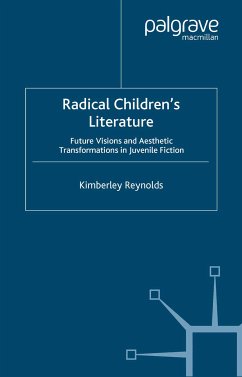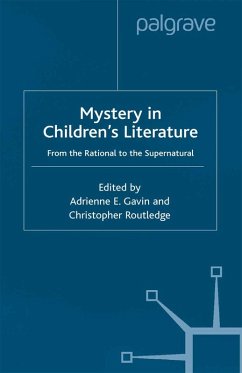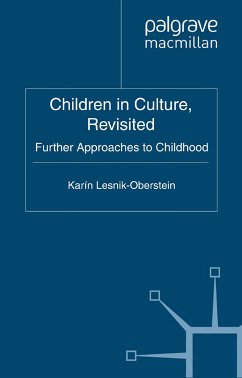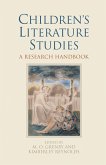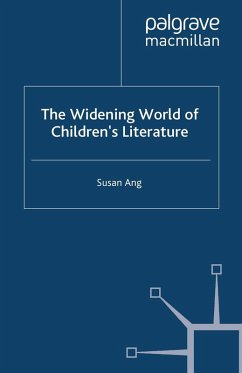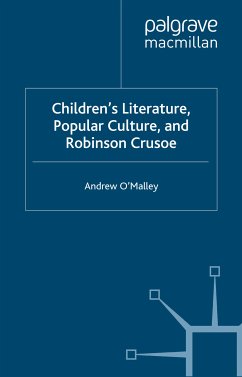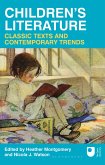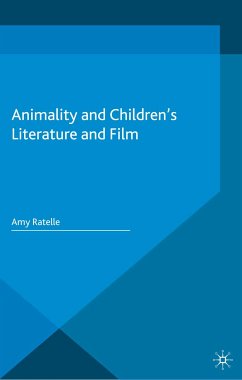Dieser Download kann aus rechtlichen Gründen nur mit Rechnungsadresse in A, B, BG, CY, CZ, D, DK, EW, E, FIN, F, GR, HR, H, IRL, I, LT, L, LR, M, NL, PL, P, R, S, SLO, SK ausgeliefert werden.
'Radical Children's Fiction is a long overdue rethinking of the status of children's fiction, showing that it is not the cosy, outdated backwater that some earlier critics have suggested. Rather, it is vibrant and multiform, often cutting-edge and subversive. Covering a huge geographical and historical range, Reynolds examines both traditional and less traditional literary forms (visual media, computer games, fan fiction etc), effortlessly combining insightful close readings with an enviable theoretical acumen. This book is destined to become a classic in the field.' - Dr David Rudd, University of Bolton, UK
'...[A] groundbreaking study...The wide range of texts discussed and the new insights offered into the interplay of children's literature with childhood and youth culture will make this book an indispensable study for children's literature scholars.' - Claudia Söffner, Bookbird, A Journal of International Children's Literature
'As Kimberley Reynolds begins by explaining, children's books are often much bigger inside than out. Their effects on the individual reader can be radically transformative over time, but so far, children's literature criticism has had very little to say about these uniquely transformative powers. Reynolds writes with persuasive authority and unsurpassed depth of knowledge both about the history of children's literature, and about the richdiversity of literature being produced for children today. Best of all is the invigorating new approach she brings to the subject: here, we discover how children's literature has been, and continues to be, at the vanguard of radical experimentation in art. New narrative forms, new ways of combining the verbal and the visual, vigorous exploitation of new technologies: all these characterise the history and the current production of children's literature. This masterly study should provide the impetus for a new generation of children's literature scholars to approach the subject with an enriched understanding of its complexity and seriousness.' - Dr Rachel Falconer, University of Sheffield, UK
'It is an ambitious study...the author lucidly makes her case and supplies an abundance of examples and quotations in its support.' - Mary Cadogan, Children's Books History Society
'...an indispensable critical text to students of twentieth- and twenty-first century children's literature...' - Pat Pinsent

